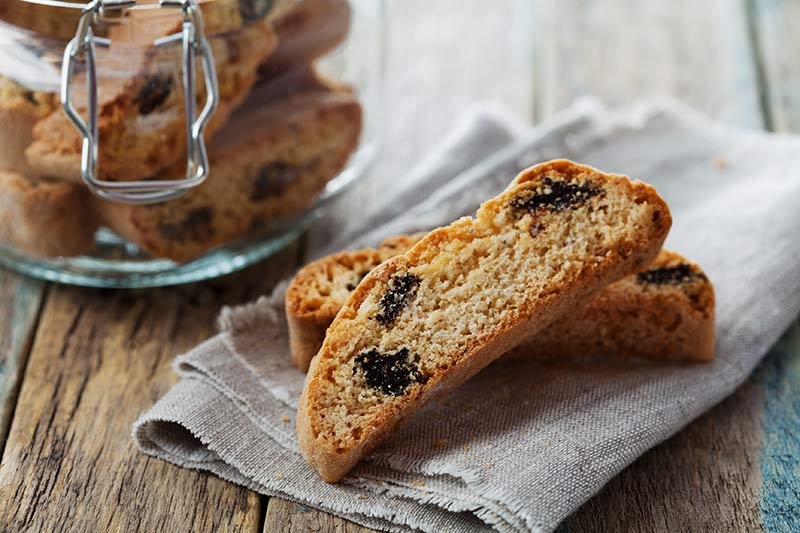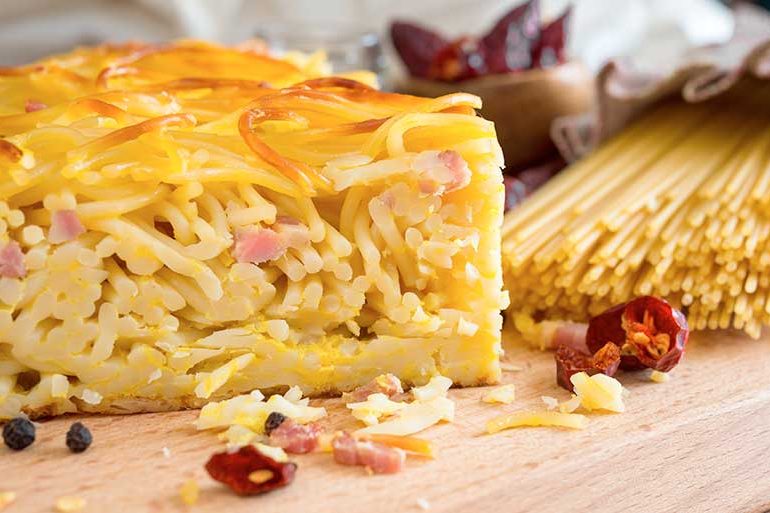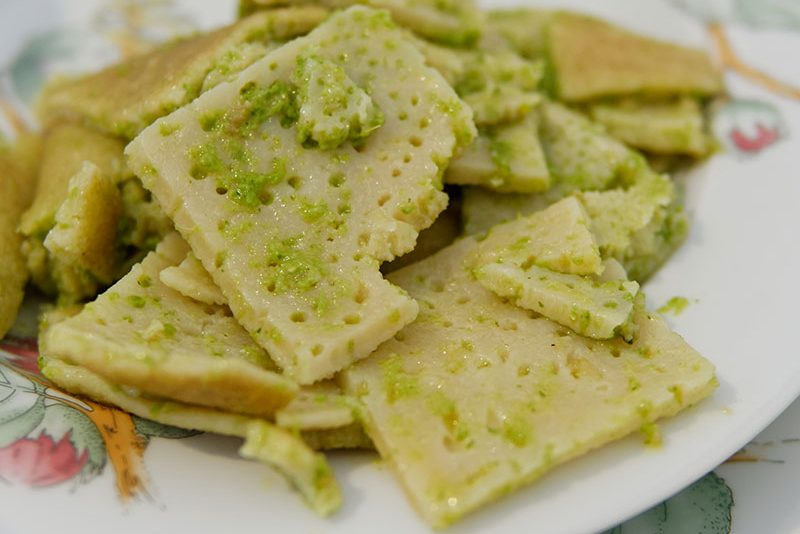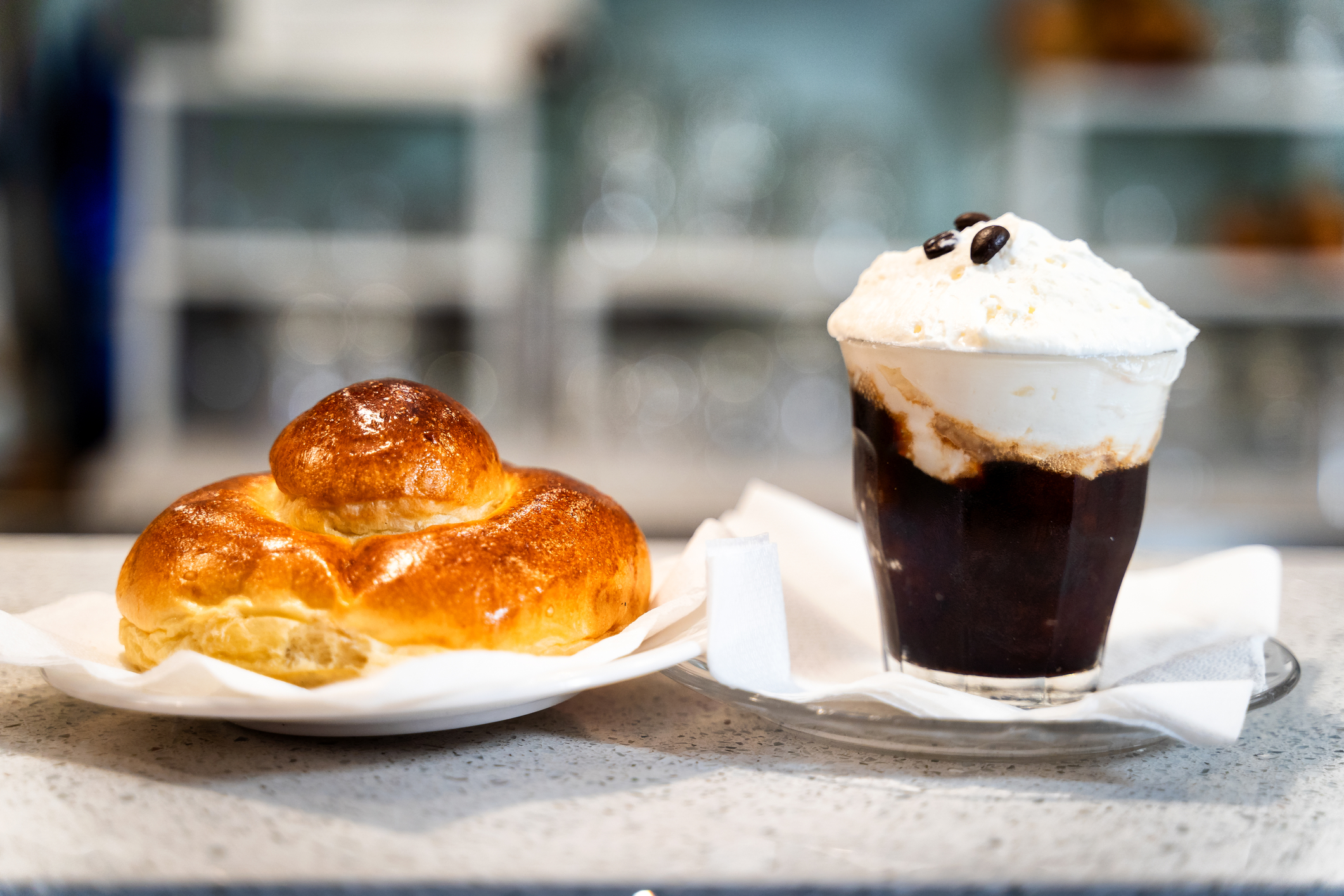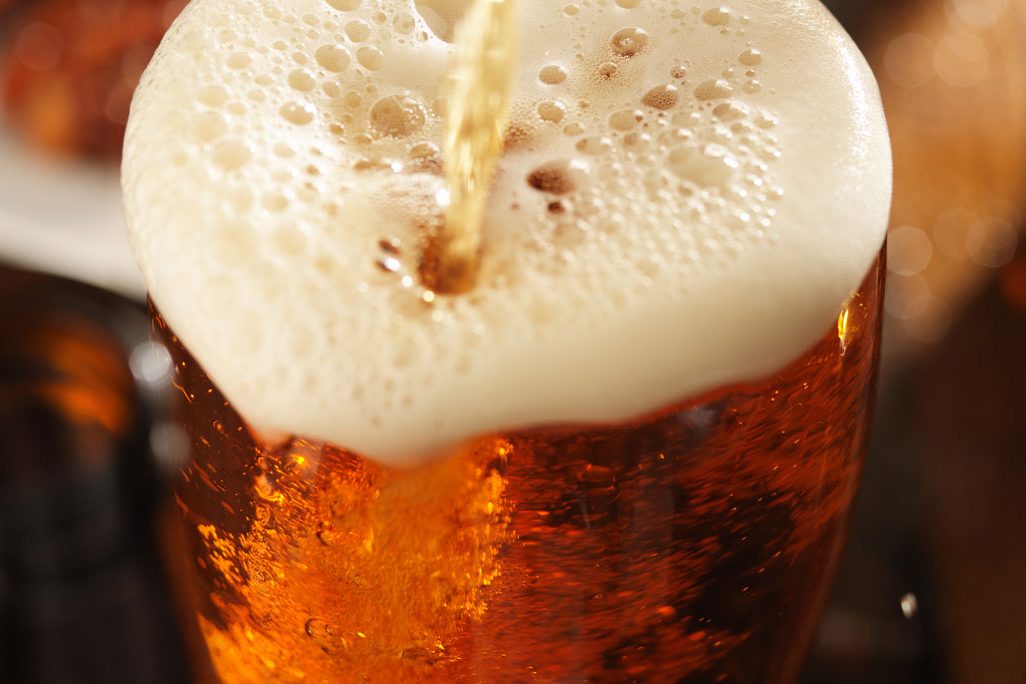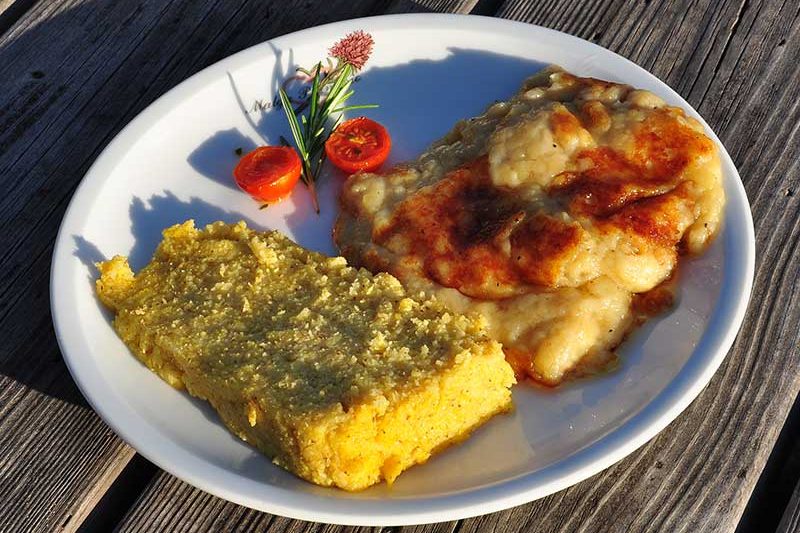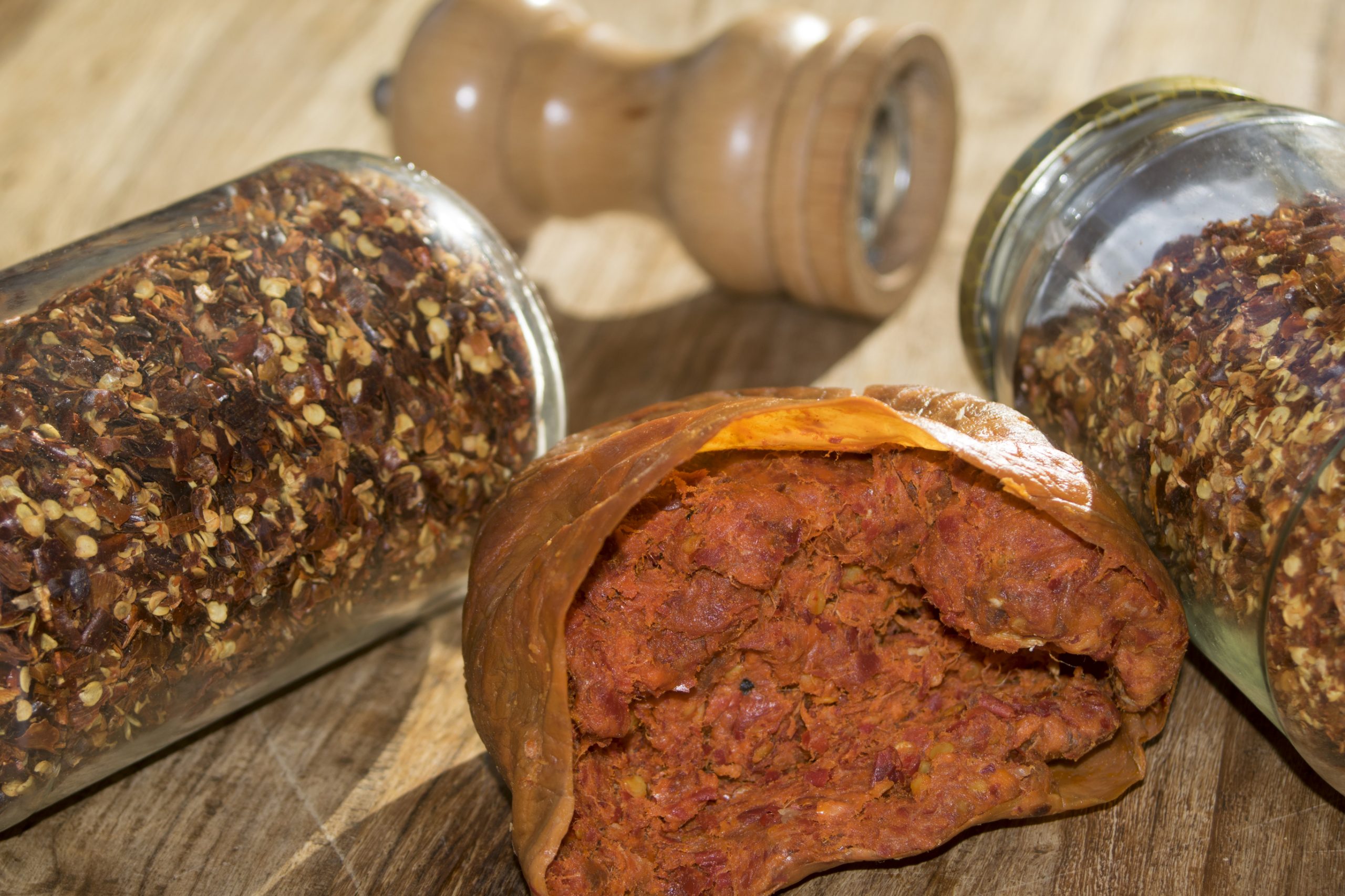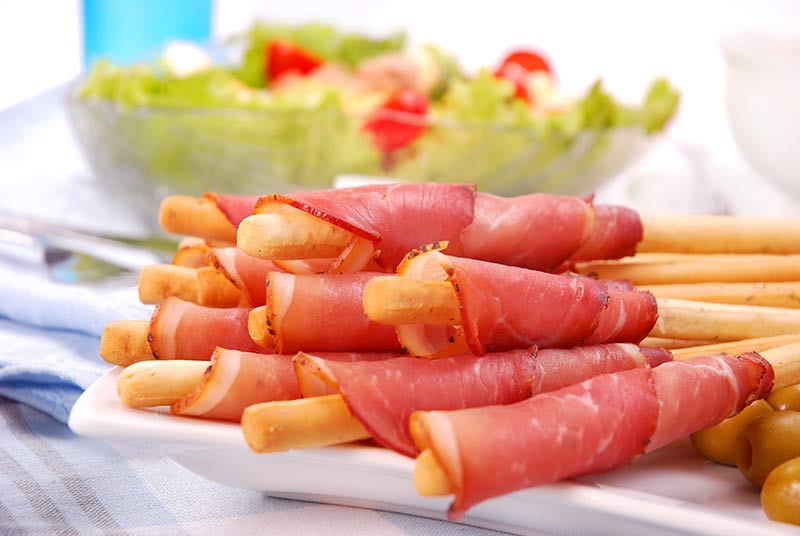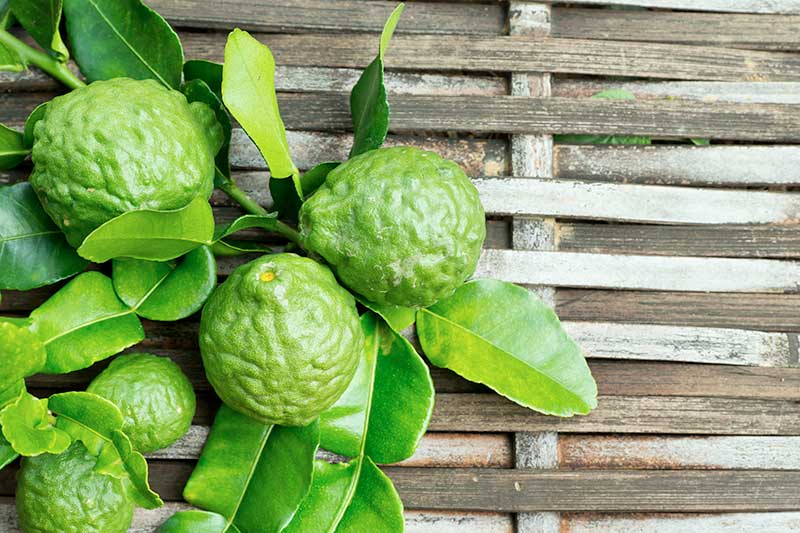varinia cappelletti
Sturdy yet light, with its typical red color it made the cupola of Firenze’s duomo unique in the world: this is the terracotta dell’Impruneta, a small village only a stone throw away from Tuscany’s capital. Jars, vases, tiles, shingles, all …
The difference is tiny, yet it cannot be overlooked… “A sliced cookie, made with fine flour, sugar and egg whites:” this is the definition given by the Accademia della Crusca in 1691. Cantuccio, whose name comes from the word “canto,” …
Around the first half of the 19th century, during the Kingdom of the Two Sicilies, Lent days were called giorni di scammaro and people had to eat quite frugally, avoiding meat and rich foods. It is in this period that …
Lunigiana is a historical area nestled between Tuscany and Romagna that always survived on agriculture, a characteristic from which it inherits all of its traditional cuisine. Typical of this land is a sort of flat bread, testarolo, still cooked using …
Sicilian granita has rougher consistency than gelato, is entirely free from air and has a sugar content of about 30%. It is made of water, fruit juices or syrups. On the Siracusa coast, it’s semi-liquid, whereas on the opposite side …
The history of beer is ancient and its invention may well be considered fortuitous, if we take into account that basically every type of sugar-containing cereal can ferment spontaneously and naturally. One of the oldest, beer-related testimonies available comes from …
Frico, that stranger! Frico, or fricò to say it in Friulan dialect, comes from the extreme North-East of Italy, near the border with Austria. This tasty delicacy is made with all the leftovers of mountain cheeses and, especially, of Montasio, Friuli’s …
Between green mountains and crystal clear sea, the region of Calabria offers a plethora of unique delicacies, including ‘nduja, a curious spreadable deli meat, characterised by a bright red color and a fiery taste. Even if its origin is uncertain …
We all know it: in Italy, we love bread! These very crunchy “bread sticks” were invented in Turin in 1679, by the Savoias’ personal baker, who created them appositely for king Vittorio Amedeo II, who couldn’t digest regular bread very …
Calabria, more specifically the area of Rada dei Giunchi, holds the world record for the production of bergamot. Here, a temperate-tropical and humid microclimate has supported cultures since 1750. Bergamot is a peculiar citrus fruit, both for its origins and …

